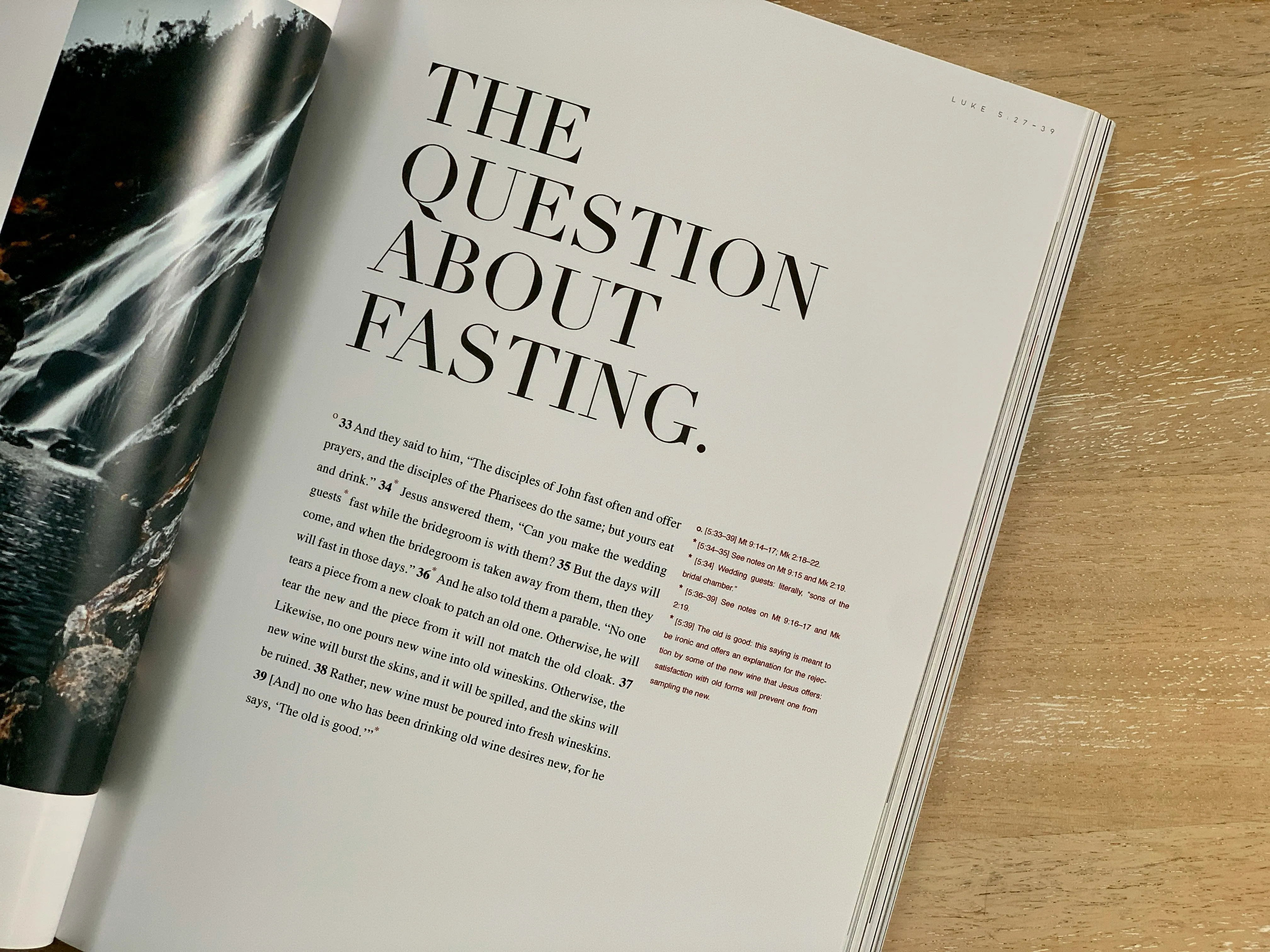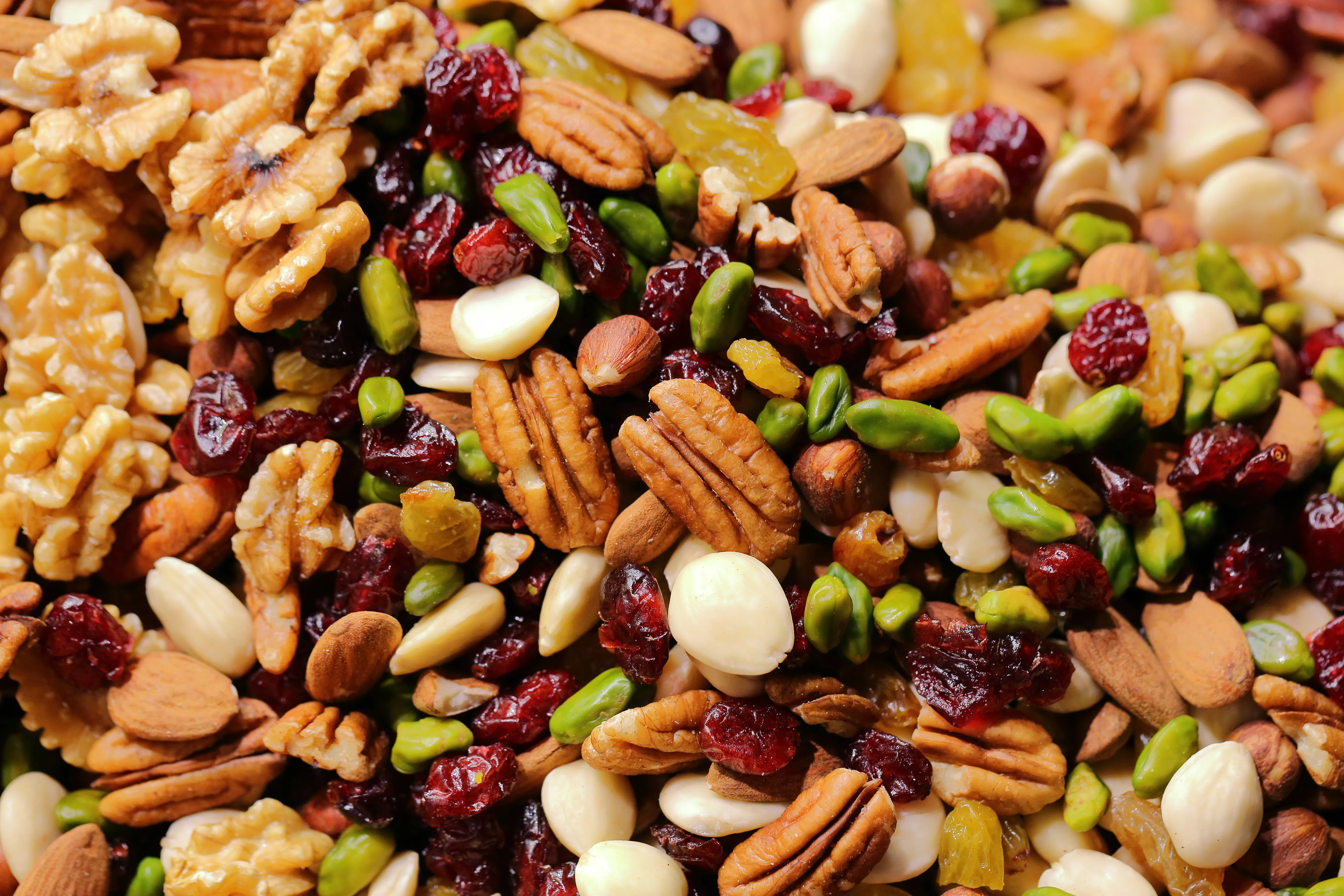Does Fasting Help Heal
Fasting to Repair the Body
by Christina Blanchard-Horan, PhD

The Power of Fasting: A Path to Healing and Renewal
By Christina Blanchard-Horan, PhD
Did you know that fasting has been practiced for centuries, deeply rooted in spiritual traditions and now backed by modern science? Fasting is more than just a dietary restriction—it is a tool for healing, rejuvenation, and spiritual clarity. The Bible references fasting as a means of spiritual discipline, and today, research shows it has profound benefits for our health, particularly in detoxification and cancer prevention. Today I started a 17 hour fast.
Why Fasting is Important for Healing
- Reduces Inflammation – Fasting helps lower inflammatory markers, reducing the risk of chronic diseases.
- Supports Cancer Prevention – By inducing autophagy, fasting may help eliminate pre-cancerous cells before they grow into harmful tumors.
- Boosts Immune Function – Studies suggest fasting can regenerate immune cells, strengthening our body's defense mechanisms.
- Improves Mental Clarity – Many people report heightened focus and spiritual awareness during fasting periods.
- Balances Blood Sugar and Metabolism – By improving insulin sensitivity, fasting helps regulate blood sugar levels and supports weight management.
What Happens to the Body During Fasting?
When we fast, our bodies shift from using glucose for energy to burning fat, a process called ketosis. After about 12-14 hours without food, insulin levels drop, and the body begins breaking down stored fat for energy. As fasting continues, the body enters autophagy, a process where cells remove damaged components and regenerate, leading to detoxification and repair. This cellular cleansing plays a critical role in reducing inflammation and preventing diseases like cancer.
According to the National Cancer Institute, fasting can improve immune function, reduce oxidative stress, and potentially slow tumor growth (NIH, 2022). It’s a natural way to optimize cellular health and support long-term well-being.
How to Start Fasting Safely
If you're new to fasting, start with intermittent fasting (12-14 hours) and gradually extend the fasting window as your body adapts. Here are some tips:
- Stay Hydrated – Drink plenty of water, herbal teas, or electrolyte-infused drinks.
- Break the Fast Gently – Start with light, nutrient-dense foods like fruits, vegetables, or bone broth.
- Listen to Your Body – If you feel unwell, adjust your fasting duration or consult a healthcare professional.
Fasting has significant effects on metabolism, influencing everything from fat burning to insulin sensitivity. Here’s how it impacts the body:
Energy Utilization & Fat Burning
- During fasting, the body shifts from using glucose to burning stored fat for energy.
- Glycogen depletion (stored carbohydrates in the liver) occurs within 12–24 hours, leading to increased fat oxidation.
- Ketogenesis begins after prolonged fasting (16–48 hours), producing ketones as an alternative energy source.
Insulin & Blood Sugar Regulation
- Insulin levels drop, reducing fat storage and increasing fat breakdown.
- Increased insulin sensitivity improves glucose metabolism, beneficial for those at risk of type 2 diabetes.
Hormonal Changes
- Growth hormone levels rise (by up to 5x), preserving muscle mass and promoting fat metabolism.
- Norepinephrine (noradrenaline) increases, enhancing fat breakdown and energy expenditure.
Metabolic Rate
- Contrary to myths, short-term fasting (intermittent fasting, 24-48 hours) boosts metabolism by 3.6–14% due to increased norepinephrine.
- Long-term fasting (>3 days) may slow metabolism as the body adapts to conserve energy.
Cellular & Longevity Benefits
- Autophagy (cellular recycling) increases, helping to remove damaged cells and proteins.
- Reduced inflammation and oxidative stress can improve overall health and longevity.
Potential Downsides
- Muscle loss (if fasting is too prolonged without adequate protein intake).
- Hunger & irritability, especially in the early stages.
- Nutrient deficiencies if fasting isn’t balanced with nutrient-dense meals.
Best Approaches
- Intermittent fasting (16:8, 18:6, or 24-hour fasts) balances metabolic benefits without extreme muscle loss.
- Longer fasts (48-72 hours+) should be done occasionally and under supervision if necessary.
Fasting as a Spiritual Practice
Biblical teachings emphasize fasting as a way to draw closer to the Divine. Jesus fasted for 40 days in the wilderness (Matthew 4:2), and many other scriptures highlight fasting as a means of purification, discipline, and spiritual renewal. Fasting is not just about abstaining from food—it is about sacrifice, clarity, and aligning our body, mind, and spirit for healing.
I personally fast on Wednesdays and Fridays for a minimum of 17 hours, sometimes extending it further. This practice has improved my energy, focus, and overall health, reinforcing my belief that fasting is a sacred gift designed to heal us.
Join the Mystic Yogi Detox Program
Fasting is a powerful way to detox and reset your body, but guidance can make all the difference. If you’re looking for support, the Mystic Yogi offers an affordable #detox program for #cancerwarriors. Choose between coaching or an online course—or do both!
💜 Learn more and grab your copy of my book here: https://linktr.ee/cblanchardhoran
💜 Check out our books on essential oils, detox, and holistic healing.
Fasting is a sacred practice—one that not only cleanses the body but renews the spirit. Whether you’re fasting for health, spiritual connection, or cancer prevention, embrace the journey and trust the process of healing from within.













